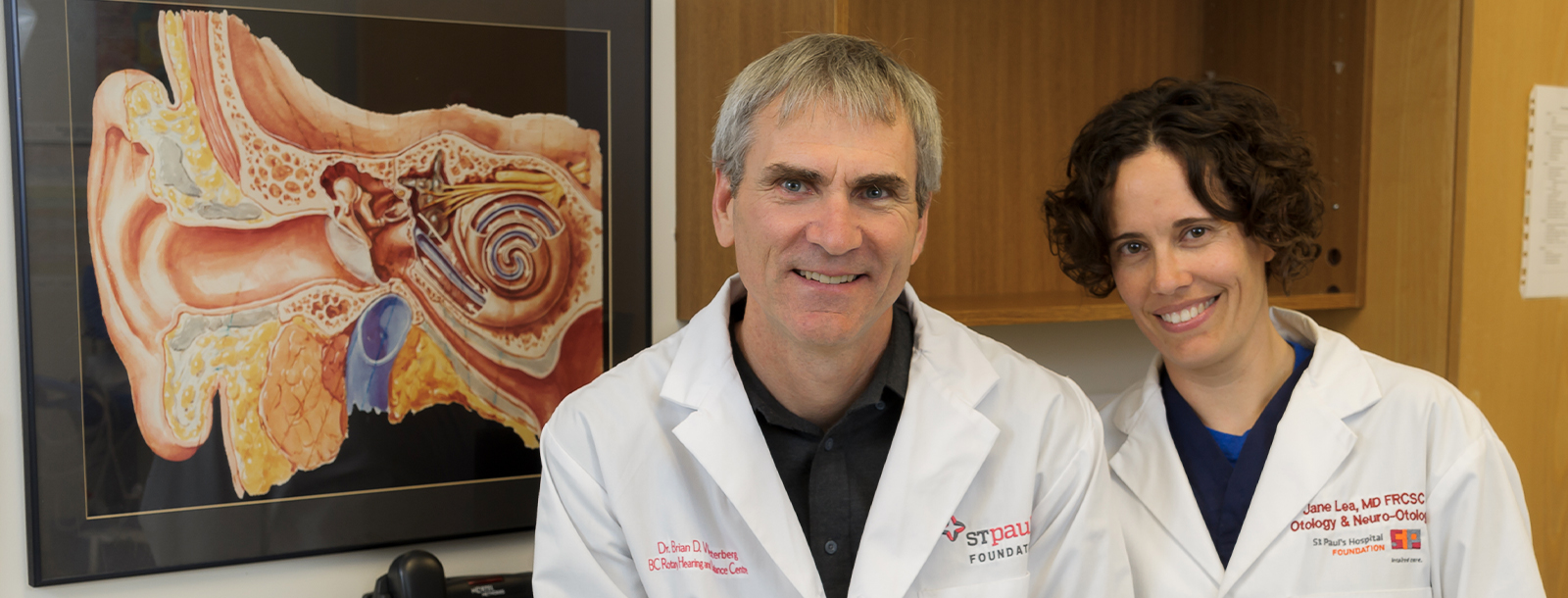Research Programs
Advancing Health Scientists work across a broad range of disciplines, from health economics to personalized medicine, to decision sciences and much more.

Biostatistics
Learn MoreBiostatistics involves the development and application of statistical principles to the design, analysis, and execution of health research.
Cardiovascular Health (ICVHealth)
Learn MoreCardiovascular health outcomes research seeks to understand the impact of health care practices and interventions on patient outcomes.
Clinical Trials
Learn MoreAdvancing Health has a long history of implementing and supporting clinical trials across a range of disciplines.
Decision Sciences
Learn MoreDecision science studies how people make choices and how they can make better choices using current knowledge, recognizing the presence of uncertainty, complexity, and competing values and trade-offs.
Emergency Medicine
Learn MoreEmergency medicine research involves the study of services, innovations, and clinical management to prevent emergencies, optimize emergency care, and result in safe transitions to the community.
Evaluation
Learn MoreEvaluation is the systematic investigation of the quality or usefulness of a program, project, system, or organization to ensure accountability and/or learning and improvement.
Health Economics
Learn MoreHealth economics is an integration of economic theories and methods with health policies, services, and practices.
Health Services & Outcomes
Learn MoreHealth Services and Outcomes research is the study of the relationships between people and their health care systems and health care providers, and the consequences of those interactions on their health.
Knowledge Translation
Learn MoreKnowledge translation facilitates the diffusion of evidence-based innovations into policy and practice.
Patient-reported Outcomes
Learn MorePatient-reported outcomes provide health care providers and researchers with important information about patients’ perspectives on the effectiveness of health care interventions and services.
Psychiatry
Learn MorePsychiatric research is focused on examining diagnoses, treatment, and prevention of mental, emotional, and behavioural disorder to advance the understanding of mental illness and influence best clinical practices.
Psychosocial Epidemiology
Learn MoreThe Psychosocial Epidemiology Program considers the complex ways in which social factors interact with the psychological and biological determinants of health, particularly in the areas of mental health and substance use.
View Research by Subject Area
With more than 80 Scientists, research at Advancing Health encompasses a wide breadth of health areas and disciplines. Follow the links below to read more about some of these specific focus areas.
Access to Care Aging & Related Conditions Anaesthesiology Arthritis Cancer Cardiology & Cardiovascular Disease Cascade of Care Chronic Conditions Clinical Trials Clinician Health & Wellbeing COVID-19 Culture & Ethnicity Data Linkage Decision Science Diabetes Diagnostics Drugs & Pharmaceuticals Ear Nose & Throat Eating Disorders & Nutrition Emergency Medicine End-of-life Care Environmental Health Epidemiology Ethics Evaluation Exercise Science & Physical Activity Genetics & Genomics Global Health Health Economics Health Policy Health Services & Outcomes Health Spending & Priority Setting Housing & Homelessness Hypertension Indigenous Health Infectious Disease & STBBIs Innovation & Technology Intensive Care Knowledge Translation & Implementation Science Long-term Care Machine Learning & AI Measurement Mental Health & Wellbeing Modelling & Risk Prediction Nephrology Neurology Nursing Obstetrics & Gynaecology Organ Transplant Orthopaedics Overweight & Obesity Paediatrics Patient & Public Safety Patient-Centred Care Patient-Reported Outcomes Patient Preferences Primary Care Program Evaluation Psychiatry Psychosocial Epidemiology Public Health Quality Improvement & Practice Change Quality of Life Rare Diseases Remote Care & Digital Tools Reproductive & Maternal Health Resuscitation Rheumatology Screening & Testing Sex & Gender Shared Decision-Making Sleep & Health Social Determinants of Health Statistics & Methodology Substance Use & Addictions Surgery & Procedures Trainees Vaccines Wait Times Work & Productivity Youth & Young Adults